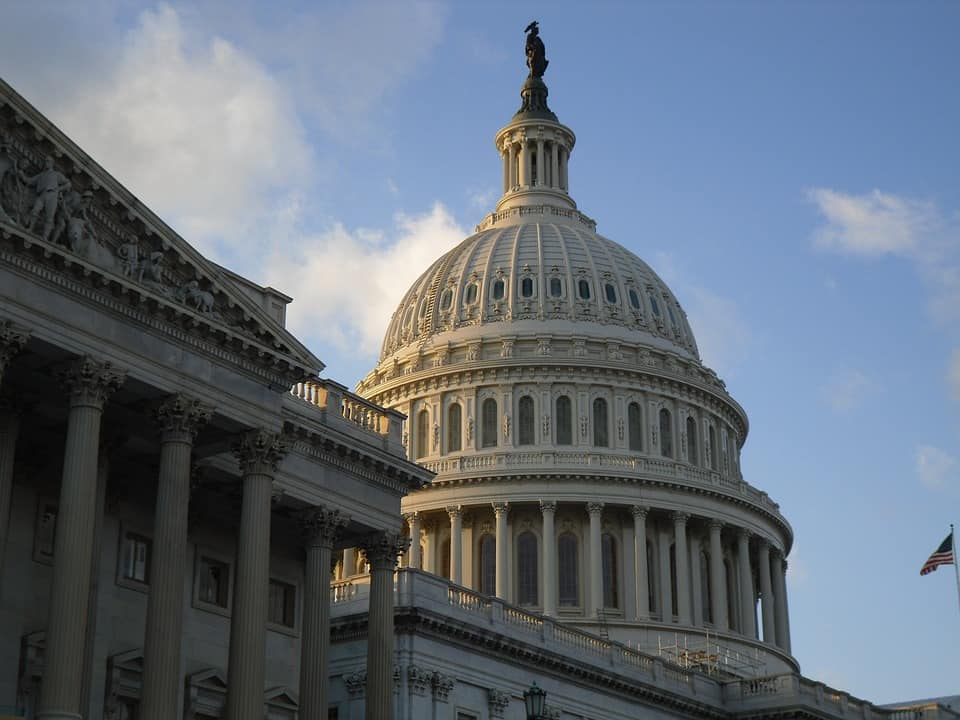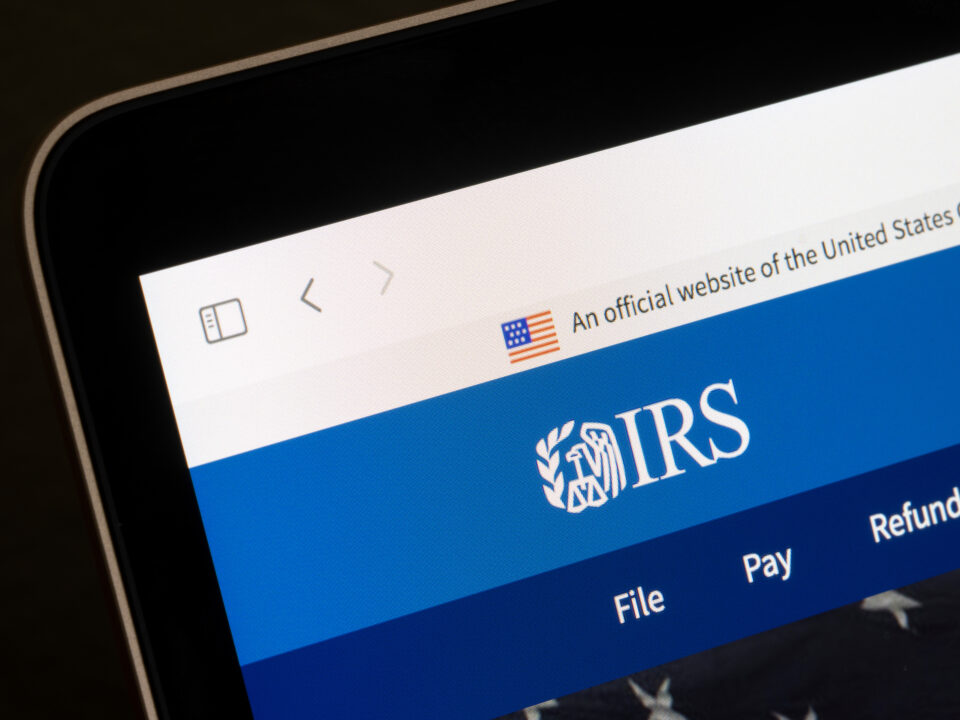
Trump Tax Proposals
December 5, 2017
S corporation vs. C corporation in 2018
February 6, 2018 Most of you are aware that a new tax law was recently passed. Most of the changes relate to 2018 and beyond – here are just a few of the ones most like to affect individuals.
Most of you are aware that a new tax law was recently passed. Most of the changes relate to 2018 and beyond – here are just a few of the ones most like to affect individuals.
Standard Deduction Increased
For tax years beginning after Dec. 31, 2017 and before Jan. 1, 2026, the standard deduction is increased to $24,000 for married individuals filing a joint return, $18,000 for head-of-household filers, and $12,000 for all other taxpayers, adjusted for inflation in tax years beginning after 2018. No changes are made to the current-law additional standard deduction for the elderly and blind.
Personal Exemptions Suspended
For tax years beginning after Dec. 31, 2017 and before Jan. 1, 2026, the deduction for personal exemptions is effectively suspended by reducing the exemption amount to zero.
Capital Gains Provisions Conformed
The Act generally retains present-law maximum rates on net capital gains and qualified dividends.
INCOME FROM PASS-THROUGH ENTITIES
Generally for tax years beginning after Dec. 31, 2017 and before Jan. 1, 2026, the Act adds a new section,
Code Sec. 199A, “Qualified Business Income,” under which a non-corporate taxpayer, including a trust or estate, who has qualified business income (QBI) from a partnership, S corporation, or sole proprietorship is allowed to deduct:
- (1) the lesser of: (a) the “combined qualified business income amount” of the taxpayer, or (b) 20% of the excess, if any, of the taxable income of the taxpayer for the tax year over the sum of net capital gain and the aggregate amount of the qualified cooperative dividends of the taxpayer for the tax year; plus
- (2) the lesser of: (i) 20% of the aggregate amount of the qualified cooperative dividends of the taxpayer for the tax year, or (ii) taxable income (reduced by the net capital gain) of the taxpayer for the tax year.
The deduction does not apply to specified service businesses (i.e., trades or businesses described in Code Sec. 1202(e)(3)(A), but excluding engineering and architecture; and trades or businesses that involve the performance of services that consist of investment-type activities). However the service business limitation does not apply in the case of a taxpayer whose taxable income does not exceed $315,000 for married individuals filing jointly ($157,500 for other individuals), both indexed for inflation after 2018.



